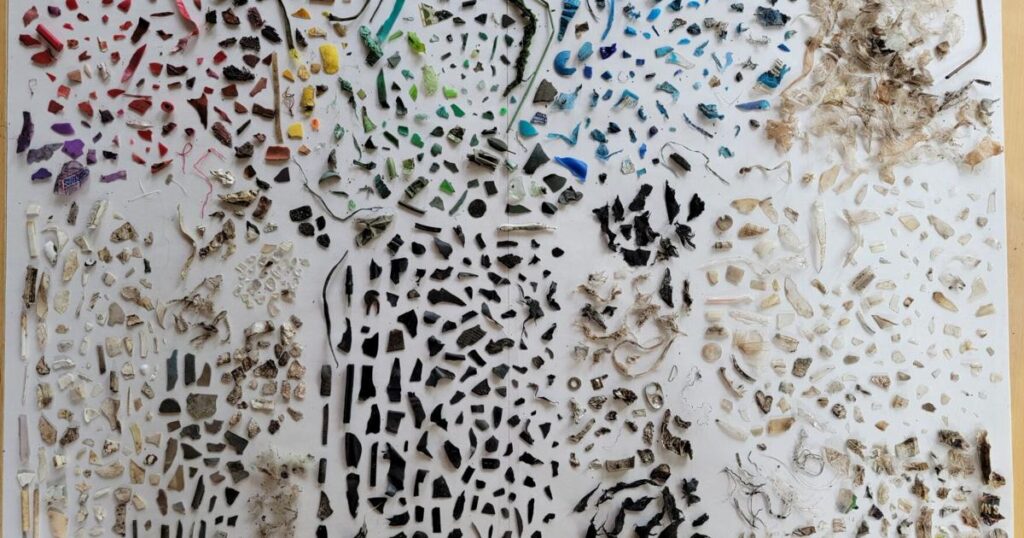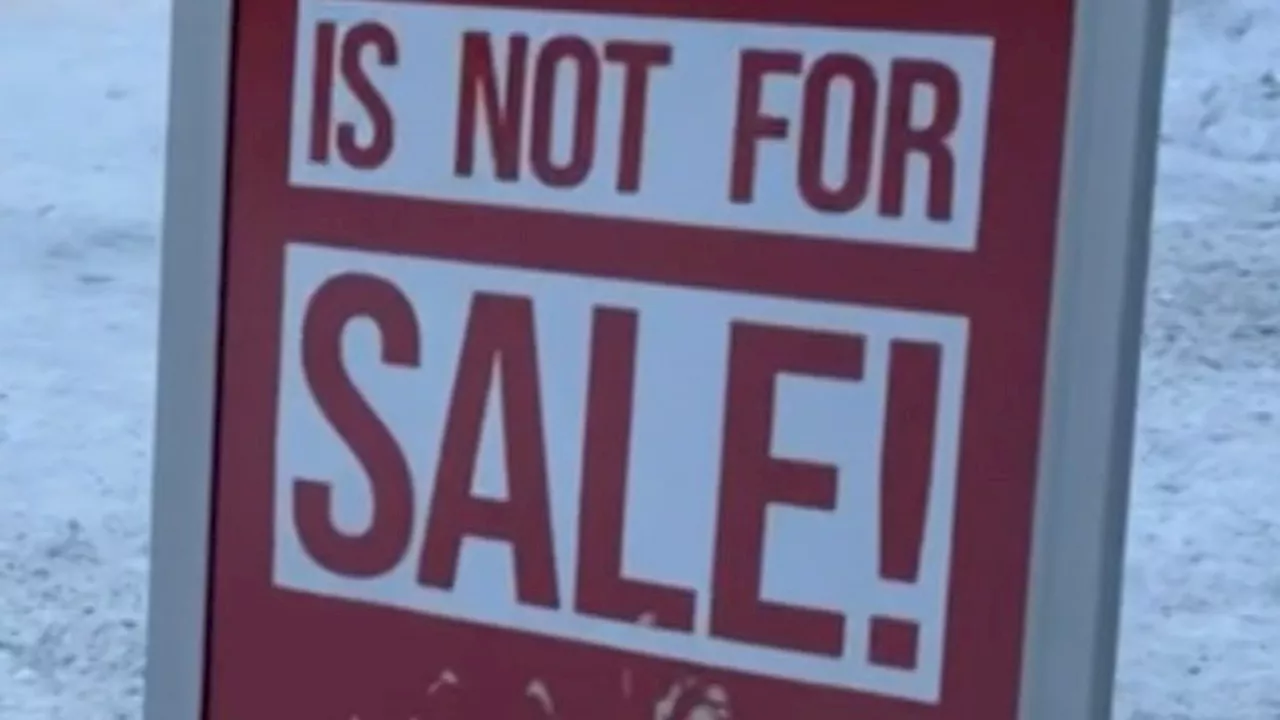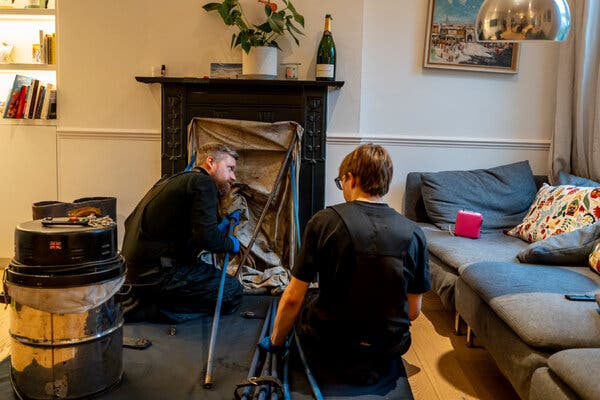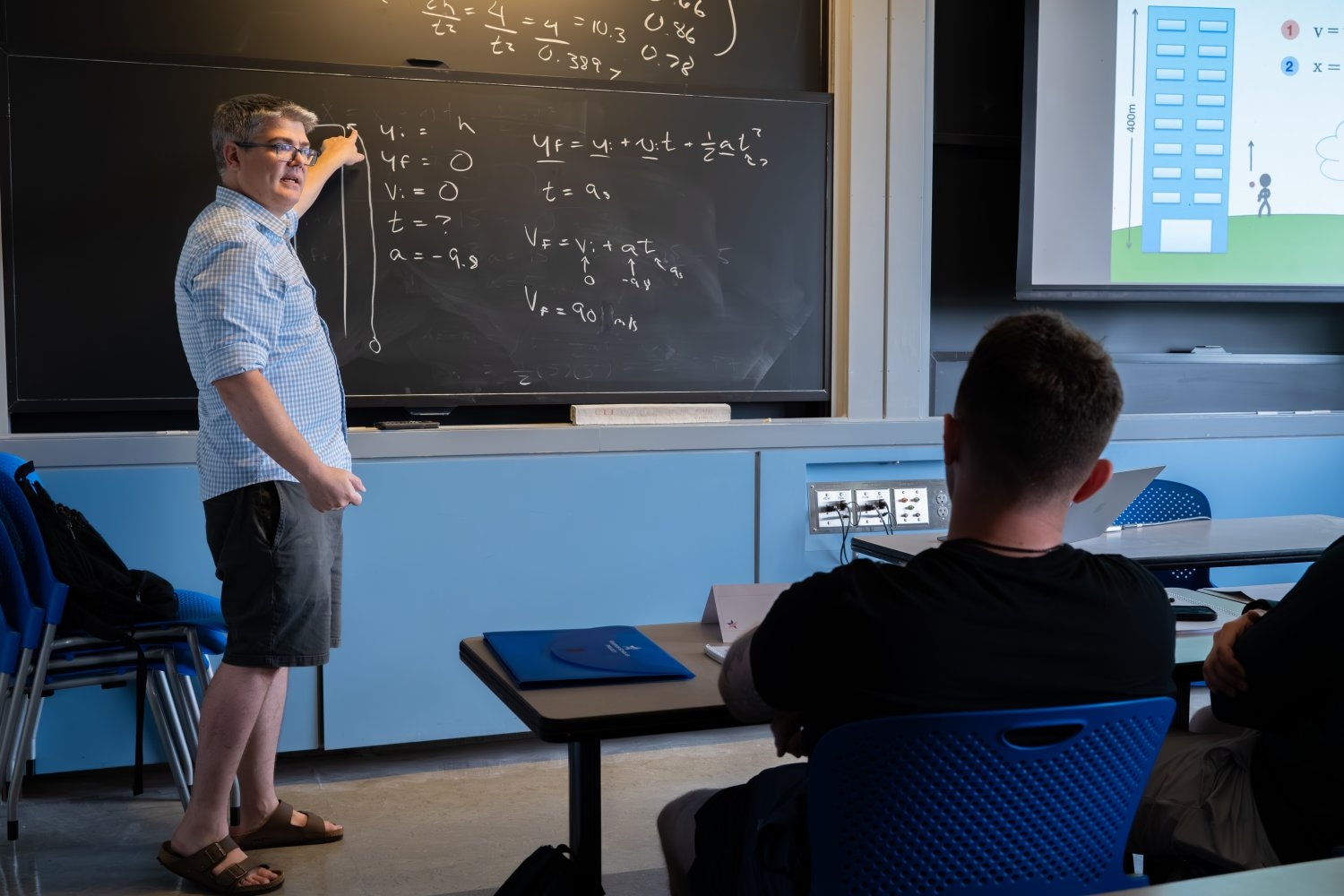
Microplastics pollution has become a pressing concern for many, and for Lincoln resident Rachael McLeod, the issue has hit home in a very personal way. While tending to her garden, McLeod discovered a disturbing array of plastic debris in her soil, raising alarming questions about the sources of this pollution and its implications for public health and the environment.
During her gardening activities, McLeod found various forms of plastic in the compost she purchased annually. Among the items were opaque white and black plastics, carpet fibers, roofing materials, Styrofoam, and even bits of tire. This compost, marketed as a “100% natural soil amendment produced from grass clippings, leaves, and ground wood,” was sourced from residential and commercial yard waste across Nebraska and neighboring states including Iowa, Kansas, and Missouri. What should have been a natural soil conditioner instead contained numerous plastic contaminants, which included electrical parts and miscellaneous metal pieces.
The presence of microplastics in compost raises significant concerns about their impact on soil health and food safety. Research indicates that microplastics are pervasive in the environment, accumulating not only in soil but also in the human body. McLeod, who grows her own food to avoid chemicals found in commercially produced vegetables, now faces the reality that her gardening practices may have inadvertently introduced plastic pollution into her soil.
McLeod highlighted that the narrative around plastics being recyclable has often been misleading. Manufacturers have promoted these claims to circumvent accountability for plastic waste, contributing to an ongoing environmental crisis. Research shows that plastics, derived from petroleum products, are closely linked to the fossil fuel industry, and regulatory efforts to manage their use have often been thwarted by powerful interests.
Innovations in reusing plastic, such as a project at the University of Nebraska-Lincoln that explores the use of recycled plastic in road construction, reflect attempts to tackle the issue. Yet, research from the same university has demonstrated that plastic food containers can shed billions of nanoplastics when heated, which poses additional health risks.
The broader implications of microplastic pollution are troubling. A plethora of environmental issues, such as Superfund sites and contaminated aquifers, could arise from improper disposal and recycling practices. The Plastics Litigation Tracker indicates that there have been 67 lawsuits filed against plastic manufacturers since 2022, including a federal class-action lawsuit involving Nebraska consumers. Despite these legal actions, state-level regulations have lagged, with a failed attempt to limit single-use plastics in 2020 and subsequent legislation that prevents local governments from banning such items.
The urgency surrounding microplastics has been escalating, with studies revealing that the average person ingests approximately a credit card’s worth of microplastics each week. Notably, about 30 percent of these particles remain in the body, raising significant health concerns. Experts recommend avoiding bottled water and refraining from heating food in plastic containers, but these individual actions alone are insufficient to address the larger crisis.
Addressing microplastic pollution requires collective action, with public pressure on governments to enforce stricter regulations. The environmental challenges posed by plastic are not just a personal or local issue; they represent a growing existential threat that affects public health, ecosystems, and future generations. McLeod, a Ph.D. candidate in public administration at the University of Nebraska Omaha, emphasizes that meaningful change will necessitate widespread advocacy for robust regulatory frameworks that prioritize the health of the planet over industry interests.
As the microplastics crisis unfolds, the responsibility to confront this pressing issue lies with individuals, communities, and governments alike. The time to act is now, for the sake of our health and the environment.






